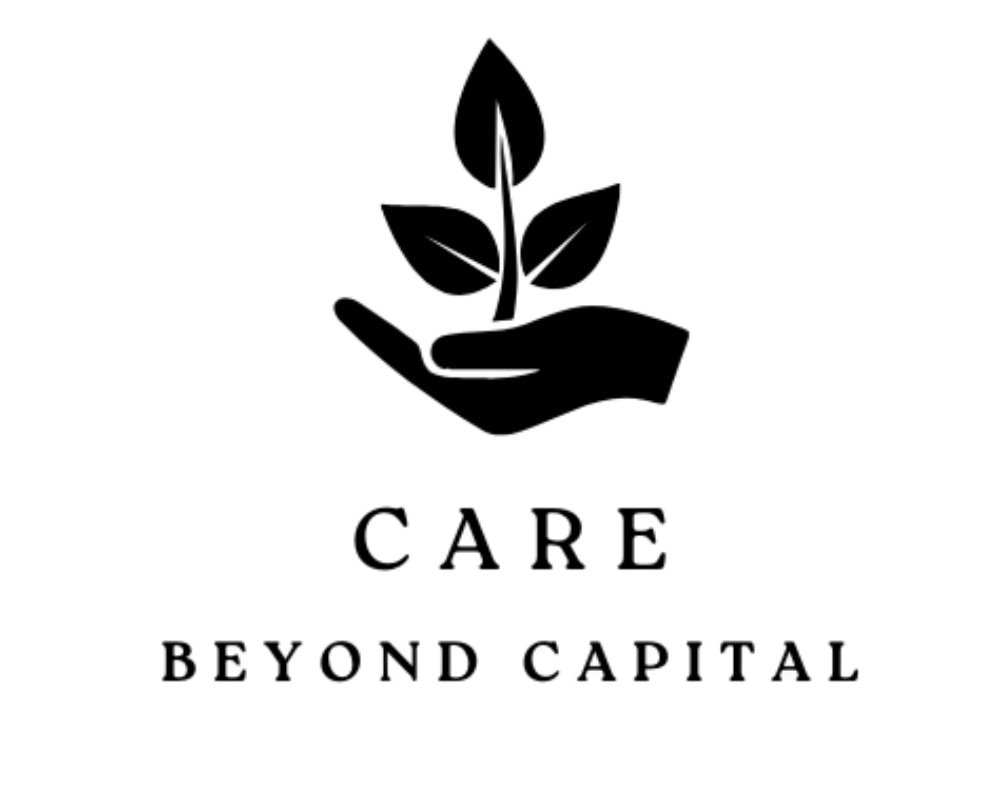Loneliness, Burnout, & Capitalism
It's hard to ignore the profound sense of loneliness and disconnection that characterizes modern life. Loneliness is something we have always dealt with. Existentially, we are always alone; confronting this idea directly can offer therapeutic benefits. An existential therapist might argue that distress arises from denying existential loneliness, which can lead to neurotic anxiety. Therapy then becomes a process of addressing this denial to relieve distress and transition to a healthier form of existential anxiety. While we are existentially alone, systemic and oppressive factors also contribute, pushing us into a mental health crisis that demands collective action for resolution.
Despite having the means to instantly connect with anyone across the globe, many of us feel more isolated than ever. Our contemporary society is marked by a loneliness crisis exacerbated by capitalism. The nature of workplace communities has changed drastically within a generation. The post-COVID shift to remote work and the widespread use of virtual meetings have left many of us longing for authentic, in-person connections. (I’ll admit—I even find myself missing meetings.) This change has prompted me to reflect on the importance of discussing loneliness more openly, particularly the need for collective, community-driven responses.
As counselors, how can we broaden our impact beyond the traditional one-on-one therapeutic model to help clients cultivate genuine connections and a sense of belonging? Furthermore, what larger systemic forces are contributing to this epidemic of isolation?
As an economic system, capitalism inherently conflicts with community-building, significantly contributing to burnout and the growing loneliness crisis. Karl Marx argued that our "species-being"—what makes us uniquely human—is our ability to shape the natural world to meet our needs. Under capitalism, however, workers are stripped of the power to decide what they produce and how they produce it. These decisions are made by those who own the means of production and are driven by the imperative to maximize profit. Work becomes organized around productivity and efficiency rather than creativity or fulfillment. As a result, labor becomes monotonous, repetitive, and devoid of personal meaning. Rather than being an act of creative self-expression, work becomes alienating, leading to burnout, mental distress, and a pervasive sense of purposelessness. This alienation extends beyond the labor process to our relationships with others.
In capitalist systems, coworkers become competitors, and social interactions are reduced to transactions. Building an authentic community in the workplace lacks profit incentives and is often discouraged or actively undermined. Without the support of a workplace community, opportunities for collective action, such as advocating for fair wages or safer working conditions, are weakened. Since such solidarity threatens profit, the ruling class is vested in preventing it. Thus, alienation—a defining feature of capitalism—intensifies burnout and deepens the loneliness crisis by severing meaningful social bonds and hindering community formation.
